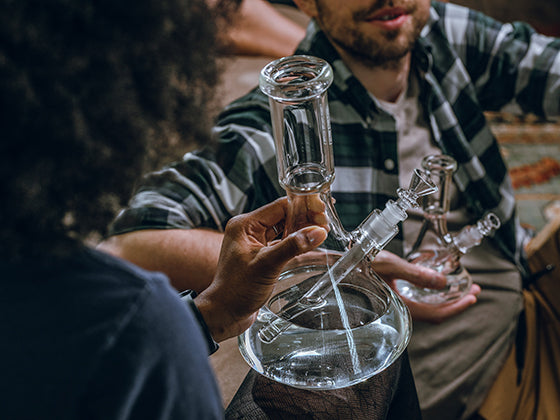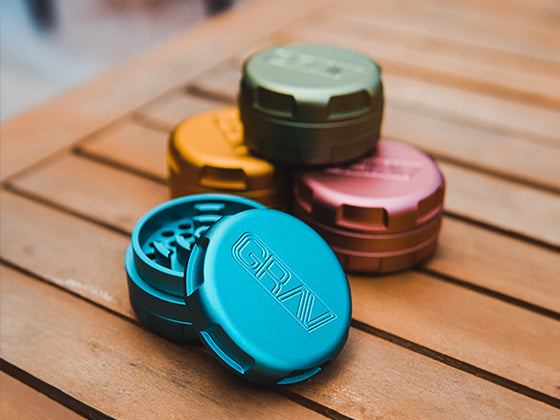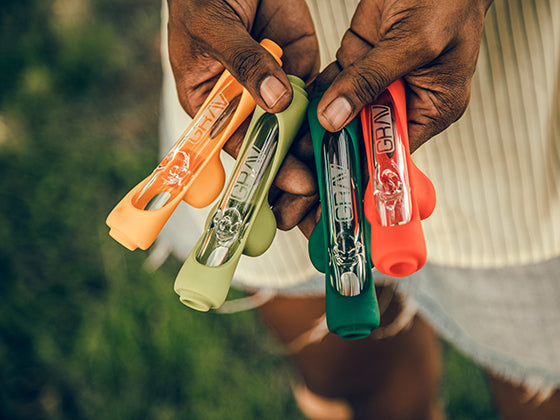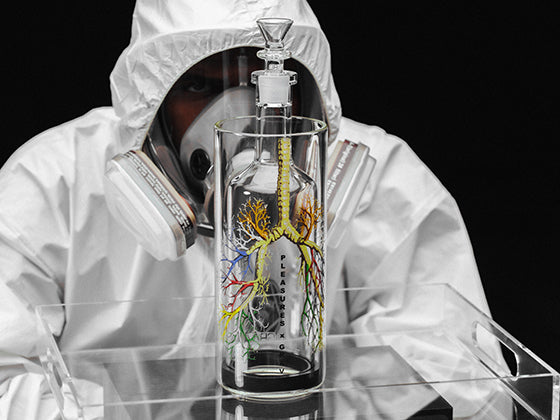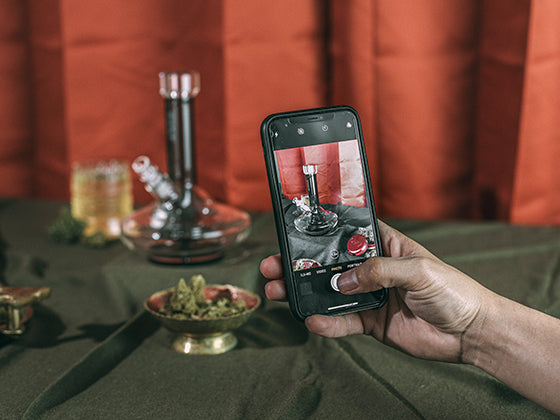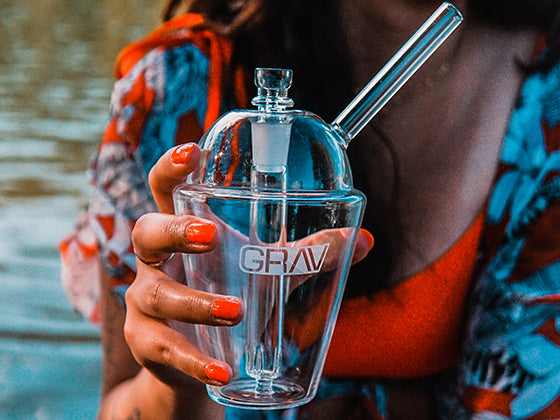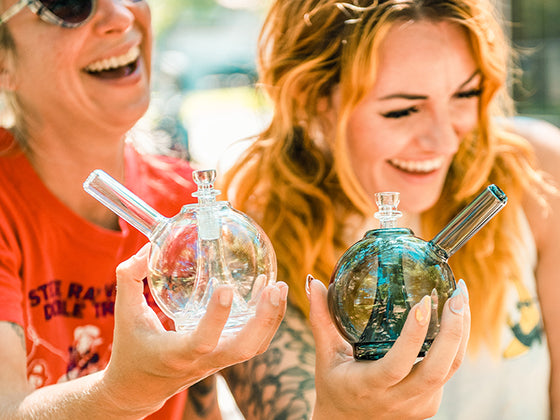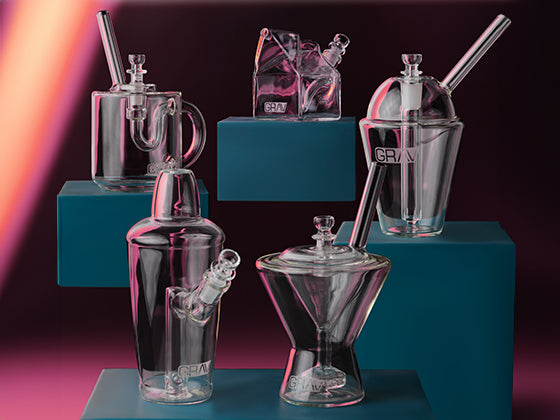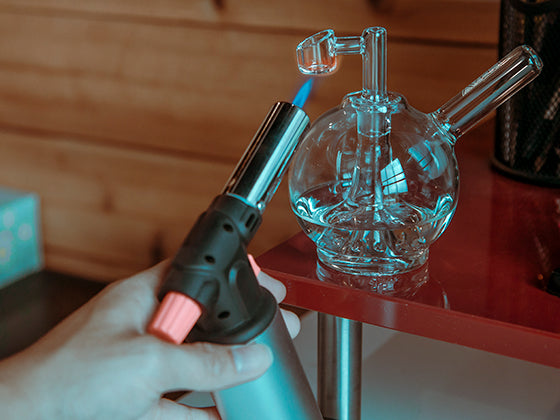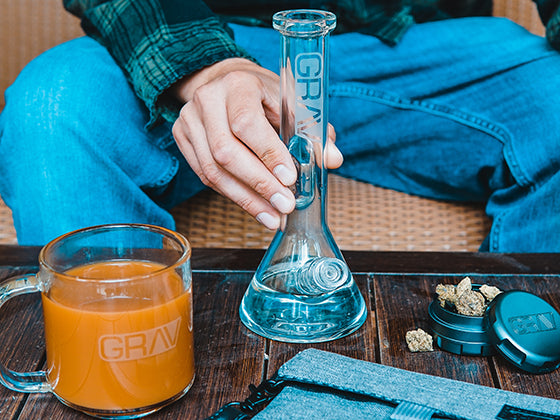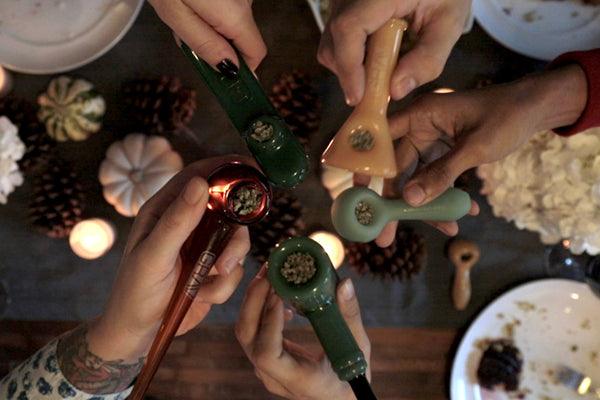The Good, The Bad, and The Confusing
What’s the Big CBDeal?
Whether you’re a cannabis enthusiast or not, you’ve probably noticed the letters CBD floating around a lot lately. It’s been the subject of a condescending thought piece in the New York Times, countless articles speculating about the industry’s predicted boom, and even a weird press release from Coca Cola. Everyone wants to have an opinion on CBD, but does it really warrant all the hype and controversy?
It’s clear that people don’t quite know where to place CBD in the cultural landscape. Some want to make it a respectable medical product divorced from the “stoner lifestyle,” some want to make it a trendy social signifier, some think its legalization is a terrifying gateway to government-sanctioned reefer madness, and some just want to make bundles of cash off of it in any way they can. But the truth is CBD just isn’t as sensational as everyone seems to want it to be. It’s not a magical cure-all with supernatural powers, and it’s also not a symptom of dangerous pseudoscience run amok in a post-truth world.

It’s not a magical cure-all with supernatural powers, and it’s also not a symptom of dangerous pseudoscience run amok in a post-truth world
And although the industry may be in its infancy, CBD as a concept isn’t even particularly new. In fact, Project CBD asserts that “Queen Victoria used CBD-rich cannabis for menstrual cramps in the 19th century,” and while I can’t speak to the CBD content of Victoria’s particular strain, her use of cannabis for pain relief is pretty widely accepted as fact. More recently, cannabidiol was isolated in the early 1940s by a chemist named Roger Adams. Various cannabinoids (compounds found in cannabis) have been researched ever since, and scientists have been conducting studies specifically related to CBD’s potential health benefits for humans since 1999.


What is changing recently is laws about cannabis and its derivatives, and that constantly shifting landscape, the conflict between state and federal laws and inconsistent distinctions between hemp and marijuana, make it hard to understand what exactly CBD is, much less where or how it’s legal to consume it.
So let’s start with the basics.
CBD stands for cannabidiol, which is a compound found in cannabis that doesn’t cause any intoxication. THC is the compound in cannabis that causes the feeling of being “high,” and all strains of cannabis have some combination of both CBD and THC. Hemp and Marijuana are both members of the cannabis family, and traditionally hemp has extremely low levels of THC while marijuana is bred for higher levels of THC. However more recently there has been interest in breeding marijuana strains to have high CBD concentrations and low THC concentrations. CBD can be extracted from hemp or marijuana, or synthesized in a lab, and the origin of CBD can often affect its legality.
For example in Texas where GRAV is headquartered, only certain forms of CBD are legal. Both federally and at a state level, certain parts of the cannabis plant are excluded from the legal definition of Marijuana, making any oils derived from those parts of the plant legal as well. The DEA says that these parts of the plant aren’t likely to be high in cannabinoids, but if oil extracted from these parts still contains trace amounts of cannabinoids, that’s legal. Texas also has the Compassionate Use Program, which allows doctors to prescribe “Low-THC Cannabis” for just one condition (intractable epilepsy) currently.
It seems as though those in charge of explaining or enforcing laws around CBD either don’t take the time to learn or wilfully misunderstand the laws as they standThese regulations are a little complex, but still relatively straightforward and understandable. Why then, does a page from a Texas law firm providing this very information also assert that “possession of CBD oil containing any amount of THC is against Texas law” and advise customers to “look for a product advertised as being the product of “industrial hemp” or “mature hemp[,]” insisting that “[p]roducts advertised as containing “THC” or “CBD Oil” should be avoided because of potential conflict with State and Federal laws”? And why did Texas’ Health Services Department recently threaten to pull any food products that stated anywhere on the label that they contained phytocannabinoids, THC, or CBD, even when shop owners insisted that their products adhered to federal regulations? It seems as though those in charge of explaining or enforcing laws around CBD either don’t take the time to learn or wilfully misunderstand the laws as they stand. The common feeling that CBD laws are confusing and hazy seems intentional. Some government bodies clearly don’t want CBD to lose its stigma and fear. If they did, they would make direct and non-contradictory laws, and put resources towards explaining those laws clearly to the public.
And while CBD may not single-handedly save the world, it is a substance that has legitimate benefits that have already helped a huge number of people. Trying to obscure access to it even when it’s being sold legally is not fair or right. CBD’s most well-substantiated claim is its treatment of epilepsy, specifically the rare and devastating childhood epilepsy syndromes Dravet syndrome and Lennox-Gestaut syndrome, both of which are notoriously resistant to traditional anti-seizure medication. In fact, on June 25th of this year, the FDA approved Epidiolex, a CBD oral solution, for treatment of both of these syndromes in children 2 years and older. This was a landmark approval, both because it was the first drug approved by the FDA that was derived from marijuana and because it was the first medication ever approved specifically to treat Dravet syndrome. Like any medication, there are some potentially unpleasant side effects, but it’s amazing that CBD has led to a treatment for a debilitating childhood disease that didn’t exist before.

There is also significant scientific evidence that CBD could improve mental health issues, including a wide range of anxiety disorders, psychoses like schizophrenia, and addiction to nicotine and even opiates. Based on preliminary studies, it also seems likely that CBD helps with insomnia as well as many types of physical pain. Further research needs to be done for these claims to be substantiated, but initial evidence is promising. And less scientifically, there are already a wealth of people who swear by CBD and all the ways it has improved their quality of life, and it seems likely the benefits they experience are more than just a placebo effect.
This is not to say that there aren’t drawbacks to the CBD market as it stands today. Because CBD products aren’t regulated by the FDA, companies can make any claim they want on their products’ labels and go unchecked. It’s been found that CBD infused products often have significantly more or less CBD than advertised and that some products contain undeclared THC. CBD producers are also free to assert that their product has any number of benefits that may or may not be scientifically proven or even possible. And even though it’s very safe compared to most other things we ingest for our health, CBD does have some potential side effects and can also interact with other medications, so it’s always a good idea to check with a doctor and look for a company you trust before getting into CBD.
Hopefully clearer laws, better regulation, and more general understanding are on their way soon. Many CBD advocates are pinning their hopes on the 2018 farm bill, which was recently passed by the House and Senate, and is only waiting for presidential approval. The bill would legalize hemp cultivation, removing hemp from the federal government’s list of controlled substances. Currently, industrial hemp growing is limited to research purposes and pilot programs, and some of the US’ demands for hemp are supplemented with hemp imported from Canada, Europe, and China. Of the hemp that is grown in the US, 23% is used for CBD products. The approval of the farm bill would allow hemp to be covered by crop insurance, which would in turn make Wallstreet more likely to invest. A huge boom in the CBD industry is expected once the farm bill is approved, with some projections putting the value of the CBD market at $22 billion by 2022. Such an explosion of production would bring CBD more into the mainstream culture, which would likely mean more public knowledge, less fear, and better regulations, all of which would be wins for CBD and its users.
CBD may seem untested and disputed now, but its future looks bright. You can argue whether it’s a drug or a medicine or an all natural extract like essential oils, but whatever you call the substance it can be pretty beneficial in the right circumstances. It’s not fair to those who do reap the benefits when people damage CBD’s reputation by making it out to be scarier than it is or by making outrageous positive claims that are also untrue. At the end of the day, CBD shouldn’t be at the center of debate or controversy, it should just be an unexceptional product that’s (clearly) legally available to any adult that wants it.

